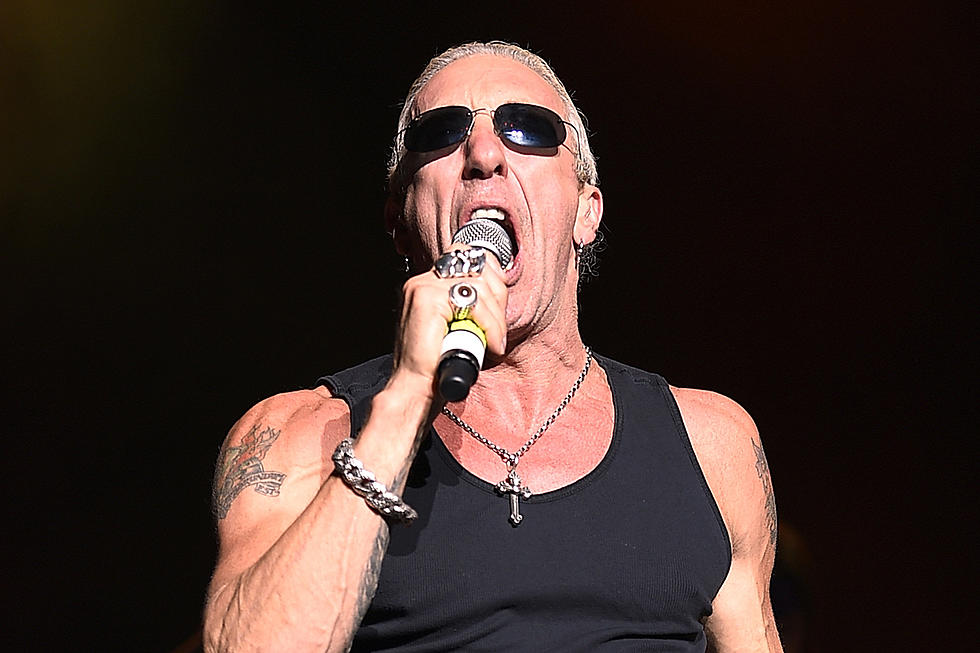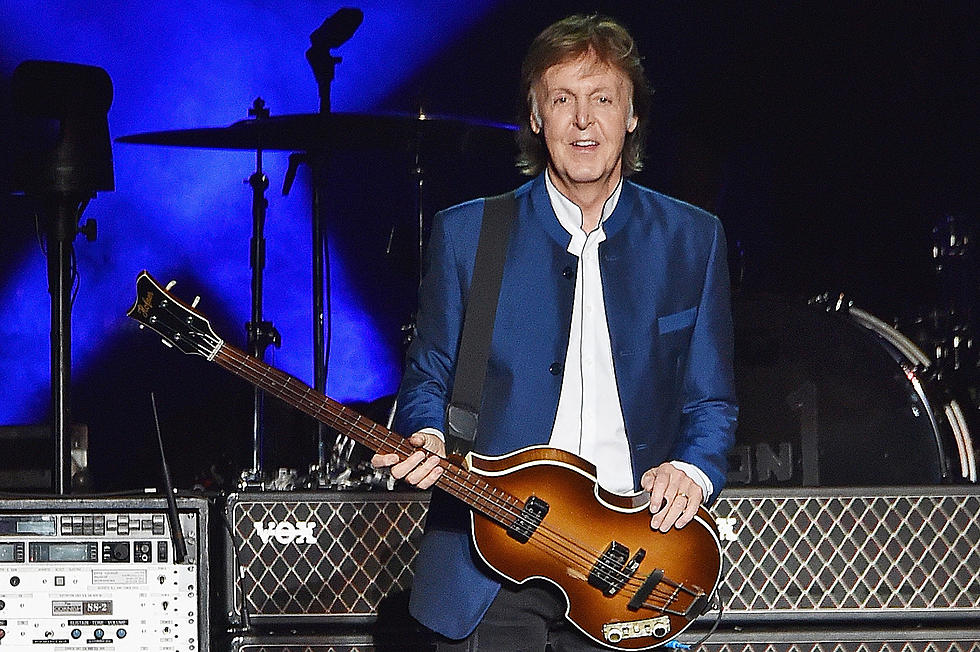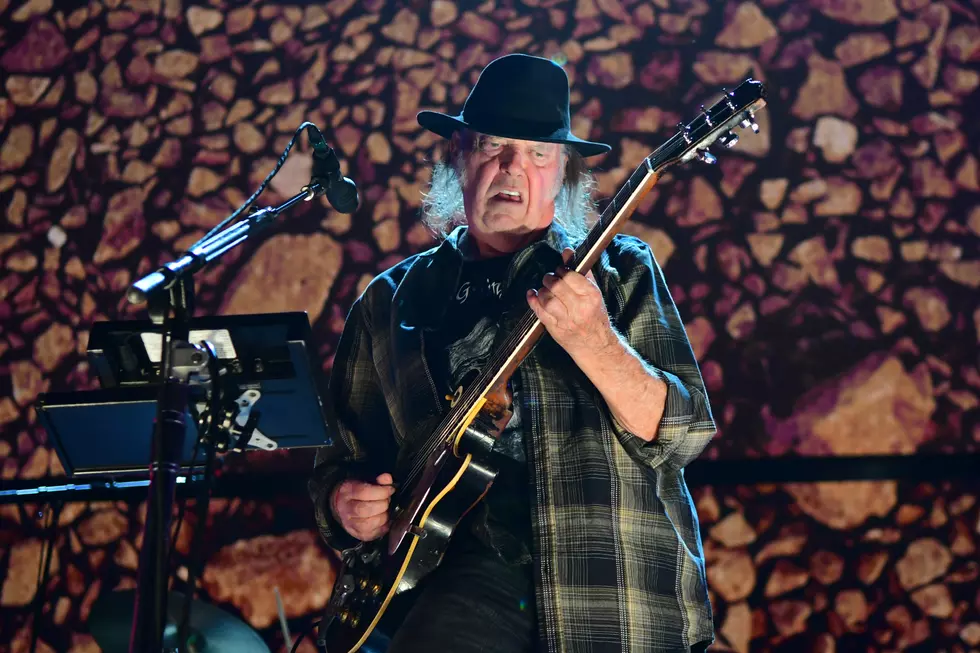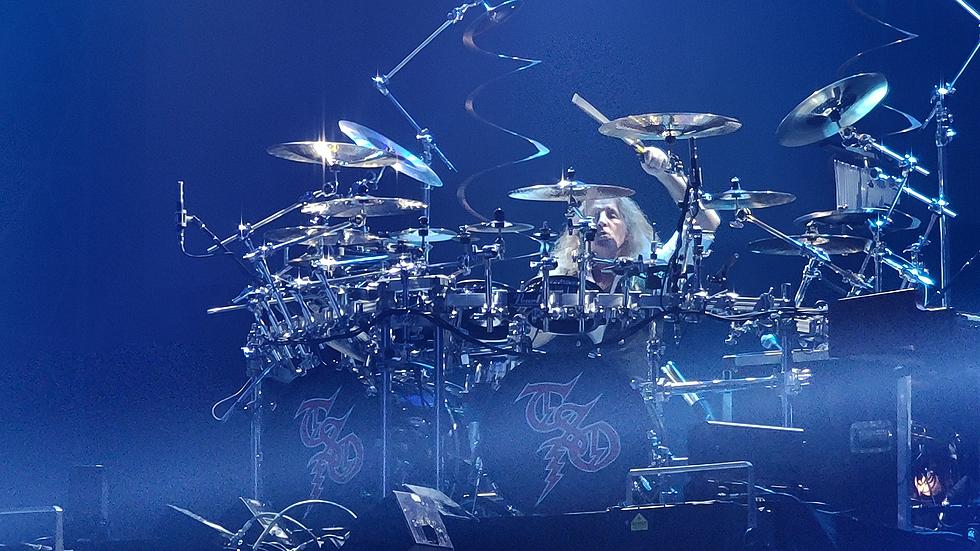
Dee Snider Sold His Publishing Rights to Pay Lower Taxes
Songwriters have traditionally wanted to own the publishing rights to their music because, in the event of a hit, it provides a major source of revenue. But Dee Snider revealed that, in 2015, he sold "a major part" of his Snidest Music catalog of 69 songs, including his Twisted Sister classics, to Universal Music Publishing Group.
As he revealed to SiriusXM's Eddie Trunk, and reported by Blabbermouth, it was a way for him to have a nest egg in the event of his retirement and also because he would be taxed less. Although he didn't disclose how much he earned, he explained the deal.
"They [Universal] look at its annual income, and then they offer you multiple — say, 'We will give you seven years, 10 years, 14 years,'" he said. "This is the negotiation. And the appeal of that is when you're in — this isn't bragging; rich rock star. Sorry. I mean, I've worked hard for that -- but you're in your 40-, 50-percent tax bracket. The money that you get each year goes in there. When you sell it, you sell it as a capital gain. So you're only paying 20 percent instead of 50 percent. So you get a multiple of 10, 12 years, then you're only gonna pay 20-percent tax on the money instead of paying nearly half of it. And you sort of weigh it up and you look at your life expectancy. Plus, you can say [about] a song, 'Oh, I expect it to do good forever.' But, you know, it may; it may not. You have up years, you have down years. If you take the money, you can invest it. And so now you've got an actual almost set income stream coming from your investment, and you're paying much less taxes. So there's a reason to do it at a certain point in your career. The time not to do it is when you're in your 20s. The time to do it is when you're retirement age."
Snider suggested that the use of his catalog, in particular "We're Not Gonna Take It," in movies and commercials over the years has increased its value. That's a far cry from the years following Twisted Sister's breakup when, ironically, he needed it much more.
"I bottomed out in the '90s; I was dead broke," he continued. "If I had been made an offer for anything, for nothing, I would have sold. [But] there was zero interest — zero. [That stuff was thought of as] buried and over. No one saw it coming back. Metal was a dirty word. You couldn't touch my catalog with a 10-foot pole — thankfully, because I would have [done it for] pennies [on the dollar]. Because I was broke."
More From 96.1 The Eagle










